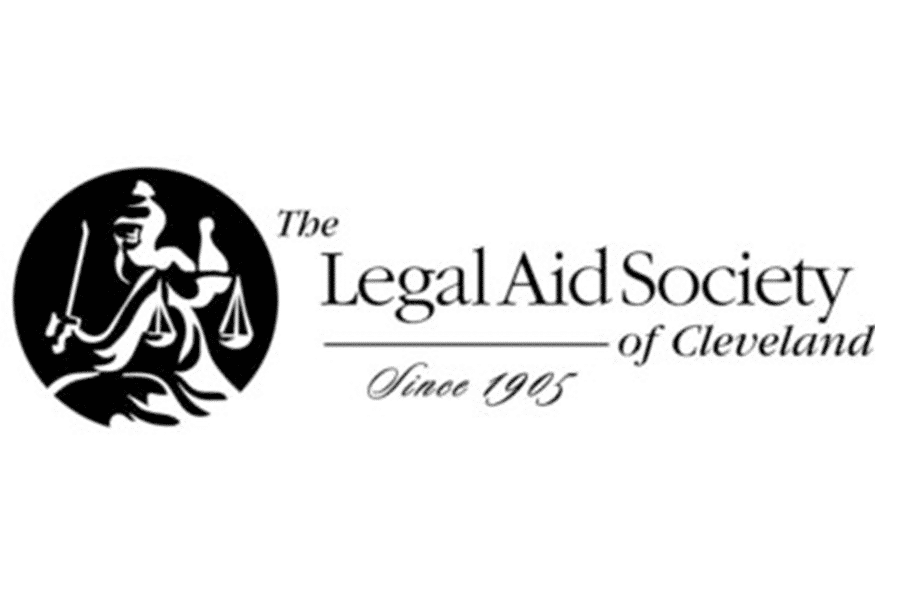By Tonya Sams
Receiving a notification from the IRS can cause anxiety and fear. These feelings can be magnified when someone cannot afford an attorney to resolve their tax issues. The Legal Aid Low Income Taxpayer Clinic (LITC) can help taxpayers with their tax problems for free.
The LITC assists low-income taxpayers in Ashtabula, Cuyahoga, Geauga, Lake, and Lorain Counties.
“Our clinics help individuals only. We focus on tax controversies involving the Internal Revenue Service (IRS) and sometimes the Ohio Department of Taxation and not on tax preparation,” said Dennis Dobos, Supervising Attorney in the Economic Justice Practice Group at Legal Aid.
“The LITC can assist taxpayers with an income up to 250% of the federal poverty line, which is around $37,650 for an individual and $78,000 for a family of four. The amount in controversy for a given tax year should be under $50,000.”
Dennis and other attorneys who are part of the LITC have helped taxpayers who have not filed taxes in many years and others who missed the response or appeal period or lost supporting documents necessary to resolve their cases with the IRS.
“Legal Aid can help with IRS audits and appeals, collection due process hearings, identity theft, preparer fraud, innocent spouse, underreporting of income, earned income tax credit, child tax credit and more,” said Dennis.
LITC attorneys also can help taxpayers obtain transcripts from the IRS, negotiate payment plans, currently not collectible status, and offer in compromise. They can represent taxpayers in court through lawsuits against the IRS and the U.S. The LITC attorneys additionally seek systemic issues and solutions to help low-income taxpayers.
Dennis offers several tips to help people with their taxes.
“Open your mail from the IRS and look for response deadlines. Use certified mailing when responding to the IRS. Also, select your tax preparer wisely. You can use the volunteer income tax assistance (VITA) sites to help you do this. They are free and supervised by the IRS.”
It is also important to look out for tax fraud. Fraud can be avoided by not responding to emails or phone calls from people claiming to be from the IRS. The IRS initiates contact with taxpayers through regular or certified mailings using the U.S. Postal Service. Taxpayers should also catch up on missing returns and seek collection alternatives to address tax debt if they cannot pay it. Returns must be filed 3 years from the due date to receive a refund.
Taxpayers should not assume that because they have not heard from the IRS within a few years they have avoided a tax debt collection. The IRS has 10 years from the time of assessment to collect the debt. It is also important to keep good records because the IRS may have made a mistake. Those records could support your case if you are accused of owing money to the IRS.
Are you experiencing tax issues? Legal Aid may be able to help! To apply for assistance, call 1 888-817-3777, or complete an online intake 24/7 at lasclev.org.
Tonya Sams is a Development & Communications Manager at The Legal Aid Society of Cleveland.





